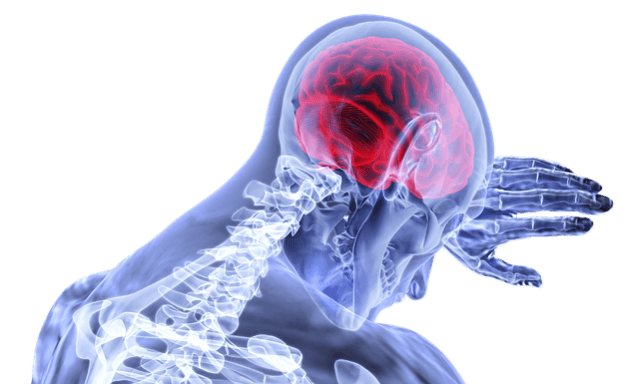
Human beings are born curious and are looking for new things to learn, but the brain is also comfortable not knowing or delving deep into certain subjects. How then does the mind choose a state based on information presented?
A new paper that explores this concept found that the same processes and neural paths that the brain uses to evaluate rewards related to food and money are also used to process the "opportunity to gain information", according to a release put out by researchers.
The study also found that people are willing to actually spend money to remain ignorant about upcoming bad news, while offering to pay to learn and gain knowledge of a good upcoming event.
While the pursuit of knowledge is a basic feature of human nature, said Tali Sharot, senior author of the paper, "in issues ranging from health to finance, people sometimes choose to remain ignorant.
"... the brain's reward circuitry selectively treats the opportunity to gain knowledge about future favourable outcomes, but not unfavourable outcomes, as a reward in and of itself," and this, she says, explains why knowledge might not always be preferred by people.
The study made use of a simple lottery system where the chances of winning were high, but the probability of losing was also equally high and participants were asked if they wanted to know the outcome of the lottery before the results were published. They were, however, told that whether or not they chose to gain this information, the results will be published. This was done with 62 participants.
Researchers found that activity in the brain's reward systems responded to the opportunity to receive information about good lotteries, but not about bad lotteries. The brain was also found to light up with similar patterns to monetary rewards.
The study found that when people were told that they would be gaining information, the more likely that it was good news, the higher the brains' reward processing centres lit up.
Results of the study are in line with the existing theory that just beliefs have their own uses. That means, "simply believing that something will happen has the power to affect us in positive and negative ways, similar to how actual events affect us," said Caroline Charpentier, lead author of the paper.
The study was first published in the journal Proceedings of the National Academy of Sciences.














